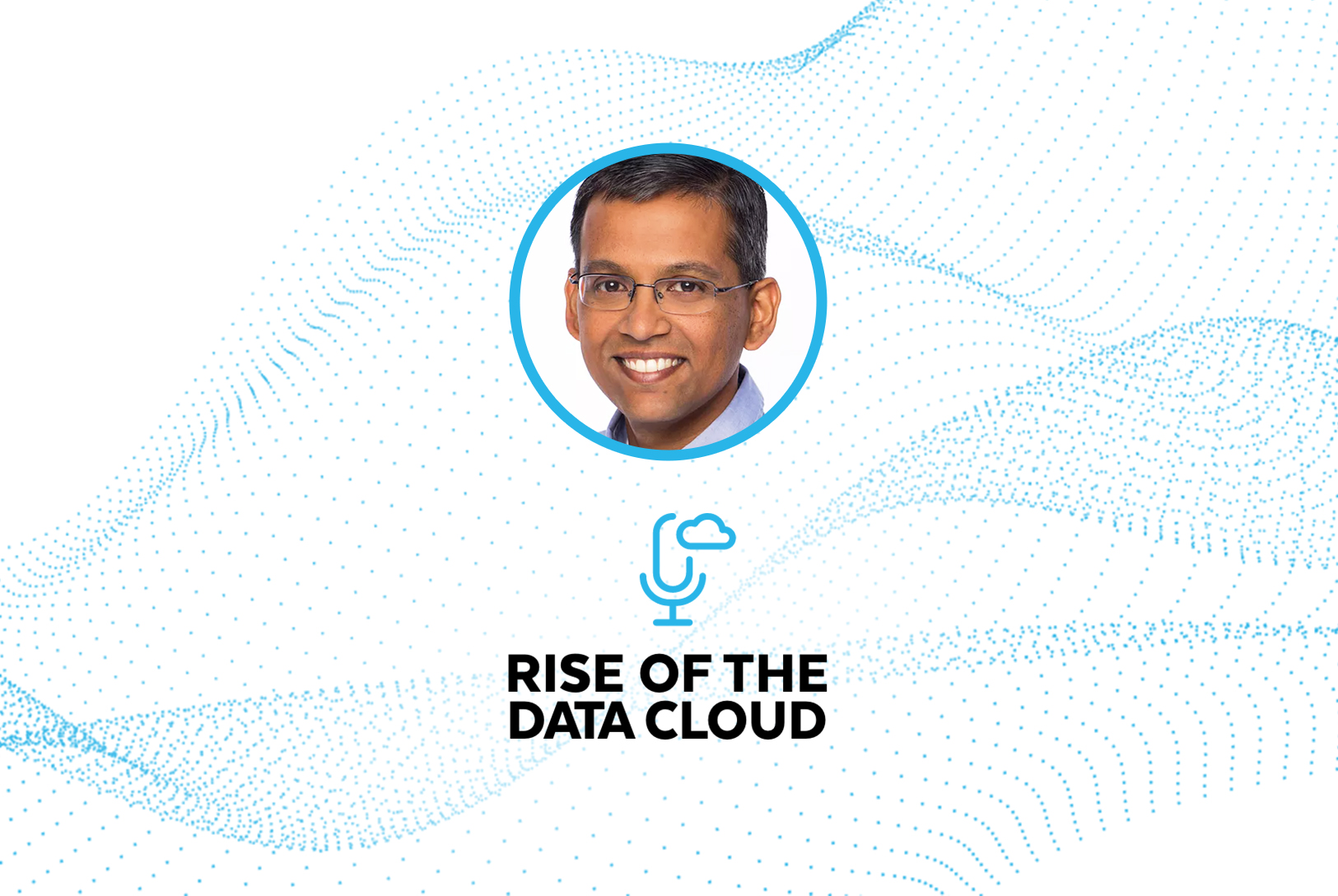When you think about the Kraft Heinz Company, you probably think of iconic brands like Heinz Ketchup and Kraft Macaroni & Cheese, but Kraft Heinz is also a leader in digital technology. During a recent episode of Snowflake’s Rise of the Data Cloud podcast, we spoke with Mani Gopalakrishnan, Kraft Heinz’s Vice President of Digital Transformation, about the advanced data platform his company has built to further accelerate its business.
Kraft Heinz is in the midst of a digital transformation that will enable it to speed innovation, react faster to changes in the marketplace, and further its mission to “make life delicious” for its customers. As part of that transformation, last year the company replaced its largely on-premises Hadoop infrastructure with an advanced data platform based on the Snowflake Data Cloud.
Kraft Heinz evaluated potential data platform partners against several criteria that are important to its business. It needed a platform that could scale on demand to meet capacity needs, run across multiple public cloud providers, and meet its needs for agility, speed, and performance.
It selected Snowflake because the Data Cloud met these criteria and provided an important additional benefit: The Snowflake platform makes it easy for users to access and consume data from third-party sources, which Gopalakrishnan said has been highly beneficial for Kraft Heinz’s data science teams.
“The end goal is to create an agile, consumer-driven culture within the company,” he said.
Despite the challenges created by the COVID-19 pandemic, Kraft Heinz was able to decommission its on-premises data warehouses in just nine months last year, moving half a trillion records into the Snowflake platform running on Microsoft Azure. The company now has a single, unified data hub that drives its day-to-day operations globally. The data hub is also scalable and flexible enough to support new digital transformation projects.
The data teams at Kraft Heinz work alongside business function leads to ensure they’re identifying the right areas for optimization and that new algorithms perform effectively before they are rolled out. Its data scientists have experimented with several data models to calculate optimal safety stocks—the amount of inventory needed on hand to ensure orders can always be met. They tested those models on a particular product SKU to show that they worked effectively.
“This example is near and dear to me, because we were able to achieve it in eight to 10 weeks,” Gopalakrishnan said.
This has been more than just a technology transformation. Kraft Heinz is building a more agile and data-driven culture across the company, and that means paying close attention to employees’ skills and its culture as well. As part of this effort, Kraft Heinz is actively recruiting data scientists, data analysts, and engineers, as well as user experience (UX) designers and cloud-stack developers. It has put in place several enterprise-wide learning programs to foster a consumer-first mindset.
The ability to share and exchange data among different organizations will grow in importance, Gopalakrishnan said. He predicts a time when all businesses are linked in a data network where they can seamlessly share any data they need to, securely and with respect for privacy.
“Data is going from being something that’s guarded in a company to becoming a robust platform to becoming a service,” he said. “Having information is powerful, for sure, but sharing information can be even more powerful.”
Rise of the Data Cloud is a podcast hosted by award-winning author and journalist Steve Hamm. For each episode, he speaks with a data leader to learn how they leverage the cloud to manage, share, and analyze data to drive business growth, fuel innovation, and disrupt their industries. You can listen to more episodes here.
